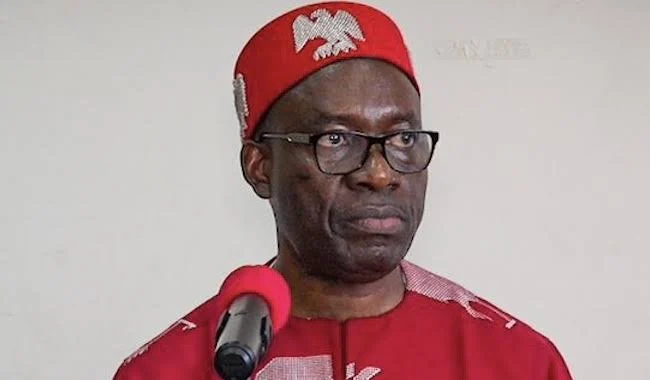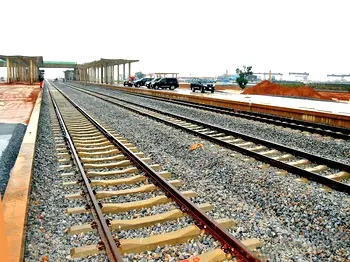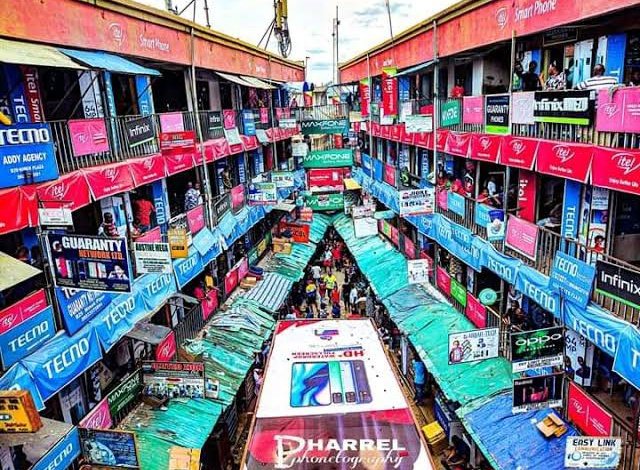The Nigerian government has secured approximately $119 million in investments for tech hubs and micro, small, and medium enterprises from Gluwa, a digital wallet service, and Ericsson.
This was disclosed in a press release by the Senior Special Assistant to the President on Media and Communications, Stanley Nkwocha on October Thursday.
The presidency noted that the investment follows Vice President Kashim Shettima’s engagement with global investors at a business meeting with Swedish companies in Stockholm.
During the meeting, he encouraged investors to explore Nigeria’s rapidly expanding investment landscape, which he described as offering limitless opportunities for serious investment.
According to the presidency, Director of Gluwa, Mr. Akinola Jones announced that the company plans to train over 30,000 Nigerians in digital skills as part of its contribution to President Bola Tinubu’s Renewed Hope Agenda.
He was quoted as saying the company is “committing $100 million across Nigeria.”
“We have a big vision for Nigeria, and I think our vision is banking the unbanked and connecting the unconnected. We see a situation where, once we launch our satellite in December this year, we can connect direct satellite to WiFi. This is going to be a very big win for Nigeria and a very big win for the technology ecosystem.
“We have given about $100 million in loans. It is not just about disbursing loans; it is not just about trying to grow portfolios; it is really about giving back. We are pushing for a lot of impact, and we are also working with the government and presidency to train people on digital skills,” he stated.
In his remark, the Managing Director of Ericsson Nigeria, Mr. Peter Olusoji Ogundele announced the company’s plan to establish a technology hub in Nigeria, valued at approximately $19 million.
He said, “Nigeria has enough youths who can come into that field. We can train them; Ericsson will also take part in it, and some of them we can export to the world, making us another India.
“Ericsson was the first to have over 1,000 sites in Nigeria and continues to invest in the country. We have been here since 1978, and for us, our partnership is an enduring one.”
The Swedish Vice President, Edgar Luczak, Chairman, Partner, and Head of Advisory at Epicenter, Sweden, assured Shettima that through collaboration, both countries can strengthen their economies, create jobs, and secure a sustainable future for generations to come.
“We hope to take this opportunity to launch an accelerated program that will not only follow in the footsteps of our excellent programs with the likes of Google, Microsoft, Singapore, and other countries but create our own path to support Nigeria in its unique growth,” he added.
According to Shettima, President Bola Ahmed Tinubu has implemented bold reforms aimed at restructuring the nation’s economy for sustainable growth and fostering a competitive business environment that attracts both foreign and domestic investments.
He cited “opportunities that abound in Nigeria, including the digital economy, agriculture, renewable energy, and MSMEs, among many others, pointing out that the nation is now an ambitious one, bound by the limitless potential of the Fourth Industrial Revolution.”
He said “Under the leadership of His Excellency, President Bola Ahmed Tinubu, the Nigerian government has introduced bold financial reforms, including the unification of exchange rates and the removal of fuel subsidies. Though challenging, these reforms are necessary steps in restructuring the economy for sustainable growth.
“The government’s ‘Renewed Hope Agenda’ emphasizes creating a competitive business environment that attracts both foreign and domestic investments. In parallel, our financial sector reforms, such as the revised Cashless Policy and Open Banking Framework, have revolutionized banking services, promoting financial inclusion and providing innovative financial products.”
The Vice President described MSMEs as the backbone of Nigeria’s economy, accounting for 96% of businesses and over 84% of employment.
“Yet, they face significant challenges, including limited access to capital and markets. Swedish companies and investors can play a crucial role in helping Nigerian MSMEs overcome these barriers, particularly through access to technology and expertise in renewable energy, agriculture, and digital finance,” he added.









